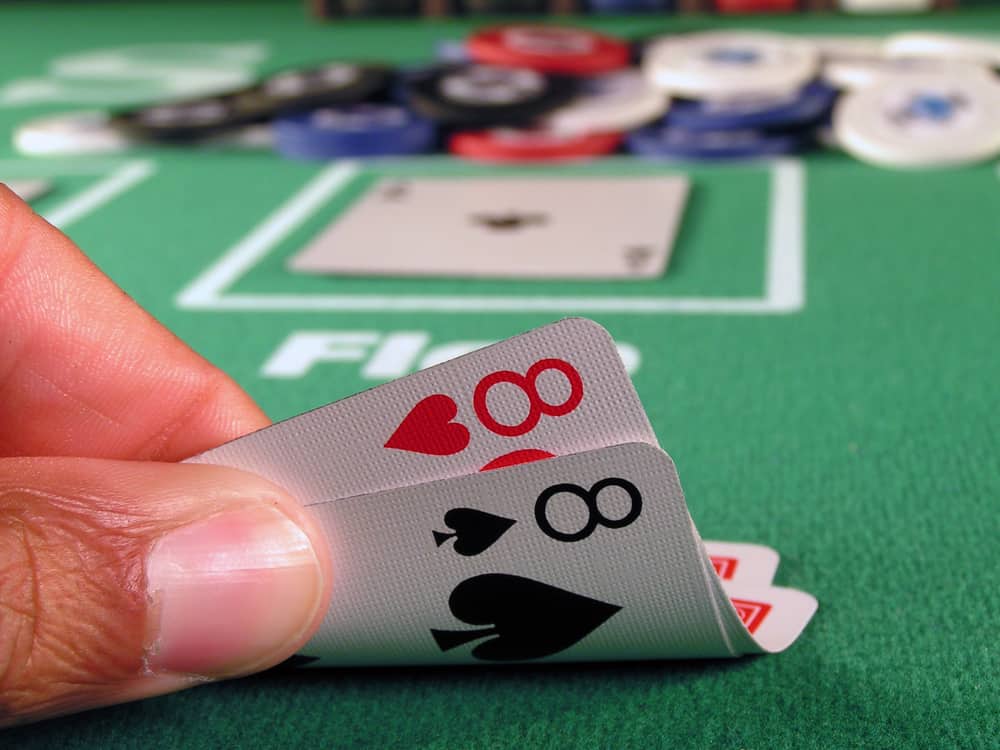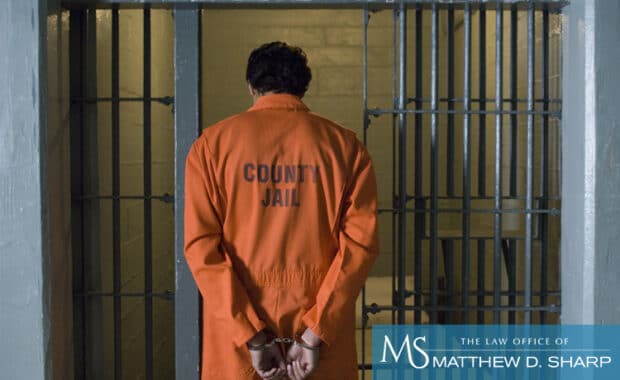Although gambling is a multi-billion-dollar industry, the state of Texas has traditionally taken a hard line stance against the industry. “Texas Hold ‘Em”, the extremely sought after casino game is regularly played in poker tournaments around the world offering millions in cash prizes. The game derives its name from Texas but the Lone Star state forbids people from playing it for economic benefit.
The strict regulations on nearly all forms of gambling have led many people to use loopholes, legal machinations and in some cases pure lies to bypass them. Due to the increasing popularity as well as highly profitable nature of gambling, an illegal and semi-legal gambling industry worth billions of dollars exists in Texas. While the potential profits might encourage some to engage in illegal gambling activities, the legal consequences might be quite sobering.
Laws Surrounding Game Rooms and Eight-Liner Machines
The Texas Penal Code strictly forbids most forms of gambling. Chapter 47 of the code specifically forbids betting money or anything else of value on the outcome of a card game or any game of chance.
According to section 47.02, a person commits an offense if he or she:
- Makes a bet on the partial or final result of a game or contest or on the performance of a participant in a game or contest
- Makes a bet on the result of any political nomination, appointment, or election or on the degree of success of any nominee, appointee, or candidate
- Gambles for cash or other valuable products at a game played using cards, dice, or other gambling paraphernalia
An offense under this section is a Class C misdemeanor.
Section 47.03 criminalizes the intentional promotion of gambling activities. This makes it illegal to:
- Operate or participate in the earnings of a gambling place
- Engage in bookmaking
- Hold anything of value or offered to bet with the aim of making a profit
- Sell chances on the partial or final result of or on the margin of victory in any game or contest or on the performance of any participant in any game or contest
- Set up or promote any lottery or offers with the aim of making a profit
An offense under this section is a Class A misdemeanor.
Section 47.04 prohibits one from using or allowing others to use property owned or controlled by him for gambling purposes with the aim of gaining profits. This is considered a Class A misdemeanor.
Knowingly communicating gambling information with the aim of making a profit is also criminalized under section 47.05 of the penal code. This includes the communication of information about bets, betting odds, or changes in betting odds or knowingly providing, installing, or maintaining equipment for the transmission or receipt of such information.
Section 47.06 further penalizes the possession of equipment or gambling devices that might be used to communicate the kind of information forbidden under section 47.05. Offenses under both sections are classified as Class A misdemeanors.
Defenses Against Gambling Charges
Though these gambling laws might appear harsh, with the aid of a good lawyer it is possible to mount successful defenses should one ever face such charges in a court of law. Some defenses that attorneys might advance include:
- The accused engaged in gambling in a private place
- No person received any economic benefits apart from personal winnings
- Except for the advantage of skill or luck, the chances of winning and risks of losing were equal for all parties involved
- The gambling activity is allowed by a separate law such as the State Lottery Act and the Texas Racing Act
- The accused owned or possessed gambling equipment with the aim of transporting it to another jurisdiction where possession of such equipment is legal.
The Problem of Eight-Liners
Section 47.01 of the Penal Code gives the definition of a gambling device. It defines many popular devices used in the games of chance including slot machines, roulette wheels, electronic poker or blackjack machines, and keno machines.
This section legalizes such gaming devices, provided they’re installed purely for entertainment purposes and give out winnings in form of prizes other than cash. The value of these prizes must also be either $5 or not surpass 10 times their purchase price, whichever figure is lower.
This exception to the law has fueled a rise in underground gambling activity across Texas with many operators seeking to make a profit by exploiting this legal loophole. For example, machines known as eight-liners have been growing in popularity all over the state with installations in both public places and private residences. Although they claim to be legitimate businesses, they would be deemed illegal if properly scrutinized by inspectors.
Such devices can easily be programmed to substitute cash payouts with other items such as home appliances. These prizes can then be exchanged for cash, thereby bypassing the strict ban against gambling for economic benefit. Some even configure them to pay out in cash while fooling gambling inspectors that they’re still operating within the law.
Schedule your free consultation with criminal defense attorney Matthew Sharp »
Gambling Penalties
Gambling for economic benefit in Texas might lead to some heavy penalties for those involved. Section 47 of the Texas Penal Code classifies the crimes as class A and C misdemeanors. The penalties for such crimes are:
- A fine of up to $500
- Community service and probation
These penalties are applicable for class C misdemeanors.
Class A misdemeanors attract penalties of:
- Up to one year in county jail
- A fine of up to $4000
Attitudes Towards Game Rooms
While the legislative and law enforcement institutions in Texas continue to take a hard-line stance against gambling activities, civilians have shown a willingness to embrace relaxed gambling laws. In an effort to have some peace of mind, some Texas residents spend a lot of money traveling to other states where gambling for profit is allowed. The continued popularity of underground game rooms and explosion of online casinos is also a signal that the people would not mindless restrictive gambling laws.
Recently, some game rooms have gone to court seeking a proper interpretation of gambling laws, especially in cases where state laws seem to clash with federal laws. Some clubs operate in legal gray zones by interpreting the law in a way that suits their financial needs. For example, while gambling for economic benefit is strictly prohibited, these clubs make money by renting seats, charging by the hour, charging for the use of facilities inside the game room, and selling food and drinks at higher than normal profit margins.
Want to Know More about Texas Game Room Laws?
If you’ve been charged with breaking game room related laws, we will use the resources at our disposal to ensure the most favorable outcome for you. If you’re venturing into owning a game room, we will clear up any confusion or anxiety you might have about breaking the law.
The Law Office of Matthew D. Sharp has all the answers to your questions. Our highly experienced attorneys and dedicated team of legal experts leave nothing to chance in ensuring you get the best legal representation in Texas.






